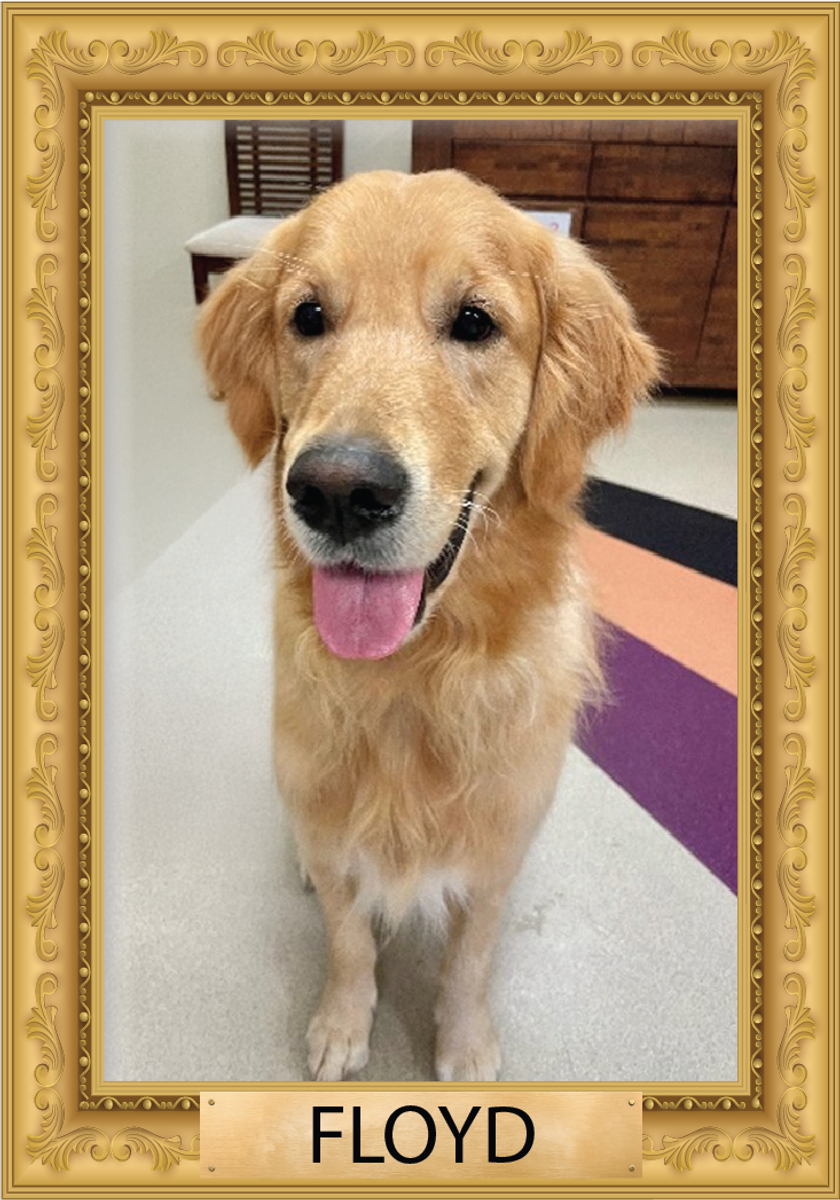Nurturing our senior students
As we approach the “pointy end” of the academic year, it is important to reflect not only on our students’ academic achievements, but also on the habits and behaviours that underpin long-term success – particularly in Year 12, where the demands are highest and the stakes significant.
We’ve observed an increase in senior students accessing the Health and Wellbeing Centre, and there is growing concern about the number of visits for minor or preventable health issues. A timely reminder about self-care and personal responsibility could help shift this trend.
We encourage all students – and families – to approach any health issues with foresight where possible. Managing deadlines, seeking support early, and using time wisely are essential life skills. Teachers, year-level coordinators, and health and wellbeing staff are here to help. There are some helpful tips below for your sons on managing stress and healthy habits during exam and assessment times. We recommend giving them a copy.
Let’s continue to work together to uphold the values of integrity, accountability and mutual respect that define our school community.
Floyd the therapy dog
Over the last six years Saints has enjoyed visits from a therapy dog, although those visits have been "pawsed" 😉 up to now this year. The College has now welcomed Floyd, a golden retriever and trained therapy dog. Floyd will initially visit the College Friday mornings, mostly in the junior years’ quads. Floyd is highly trained, certificated as a therapy dog and is well accustomed to dealing with children. He likes being around children and enjoys being patted.
Many students benefit from interacting with a therapy dog. Floyd will be in junior students’ areas before school. He will always be under the control of his owner and supervised by staff. Boys can pat, cuddle or stroke Floyd, who enjoys interacting with young people. He is washed and groomed prior to each visit and has a very placid nature.
Some of our students from St Joseph’s Primary School will have already met Floyd last year.
If you have any concerns regarding your son’s potential interactions please contact Br Roger brroger@cns.catholic.edu.au or phone 07 4052 9133. You might also encourage your son to speak to one of the counsellors if there are concerns about his canine sensitivities.
How to prepare for exams without the stress. Is there such a thing? YES!
Take time to plan:
- Prepare a study plan and goals for each day and week. Make sure it's balanced with other important things in your life – that way it will be easier to stick to, such as sport, spending time with friends, on the internet, etc.
- Talk to your employers early to let them know you need to limit your shifts or hours while studying.
- Create a study space that is comfortable, quiet, well lit, organised and has no distractions nearby, such as a TV, phone, people talking, etc.
- Make sure you have everything you need for each study session as this helps you feel more confident and organised.
Look after yourself:
- Sleep is vital. 8–9 hours each night is the preference.
- Manage your hunger before or while studying. Grab nutritional snacks that keep you going, such as those high in protein, fruit/nuts, dairy, etc.
- Stay well hydrated with water
- Remember to get some exercise every day as this helps you to keep focused and energetic.
- Try to keep your focus on school and exams rather than other stuff happening in your life; you don't need this extra worry around relationships, friendships etc. right now.
Rest when you need to:
- Work out what times of day you have the most energy and plan to study then.
- Don't study more than 40–60 mins without a short break. Even a 5-minute break will help. A glass of water helps too!
- When you have a break do something physical or fun, such as go for a short run or play with a pet.
- Relaxation is important, especially before bed, to slow the brain activity down. Try some slow, deep breathing, a shower or a bath, herbal tea etc.
Stay focused:
- Say "no" to some social commitments during the weeks close to exams. This will help to keep you refreshed and energised.
- When studying, switch off your phone and email to stop distractions and put your phone out of sight.
- Maintain focus on your health and wellbeing. Avoid using things like drugs or alcohol; they can make it much harder to study.
Ask for help:
- Stay at school until your last day so you don't miss any important info about exams, or fun events with your colleagues.
- Ask teachers the best way to study for each subject; they have years of experience they can share with you.
- Some teachers are happy to be contacted during the time leading up to exams. Find out which ones you can contact and make use of this if you need to.
- If you have trouble approaching your own teacher for advice, talk to another one who teaches the same subject.
- Group study sessions with classmates can be a helpful and entertaining way of studying but keep your focus on what you want to achieve with these sessions.
- Talk about what you are studying with family members and friends as this helps to better retain the information, especially names and dates, etc.
Be prepared:
- Read and write everything three times as this also helps to commit the information to memory.
- Use your trial exam results to focus on what you need study.
- Use previous exam papers to get a feel for what to expect.
- Ask friends what they are doing that is helping with their study or talk to friends who did it last year to see what worked for them.
- You need to study within 24 hours of the exam on that subject to retain more info.
- Write things in coloured markers that you have trouble remembering (such as names and dates) and Blu-Tack to your toilet wall or door. Sounds funny, but it really works!
Day of the exam:
- Follow your usual routine, for example, eat your normal breakfast.
- Take some water and a healthy snack (if allowed) to the exam.
And finally...
- If the stress is getting to you, it will prevent you from studying effectively and confidently – so ask for help from a college counsellor, professional or help line.
Other website resources:
Ref: headspace.org.au
Our contacts
Sacha Donaldson RN sdonaldson@cns.catholic.edu.au 07 4052 9132
Marijke Keller mkeller@cns.catholic.edu.au 07 4052 9134
Br Roger Vallance fms brroger@cns.catholic.edu.au 07 4052 9133




